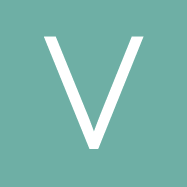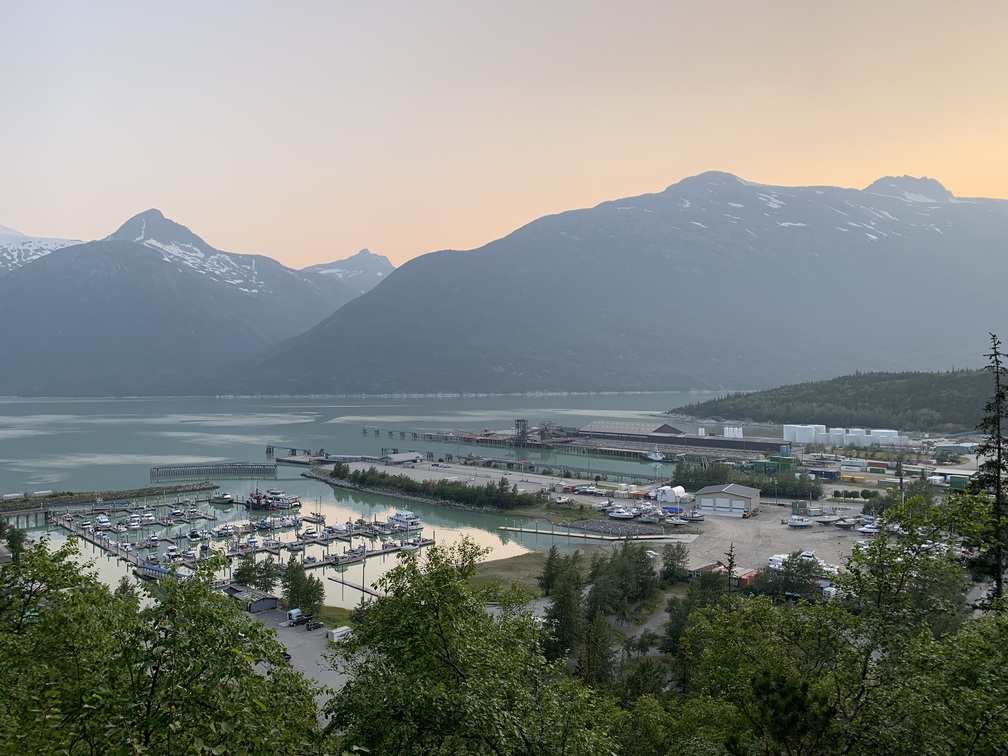
About
Voyij is an Alaskan travel platform that offers two features: tour-booking and e-commerce. It is based in the 1,000-person cruise destination of Skagway, Alaska. I was brought in to help Voyij build a content strategy and appear higher on the Google Search Results Page for different search terms.
Goals
- Learn how to perform SEO
- Build a content strategy
- See how I liked working in the travel industry
- See how I liked living in a small town in Alaska
Project: Perform a detailed SEO report for Voyij
What is SEO?
For example, a company that sells leather yoyos would want a page in their website to be the first page to appear for the search term “leather yoyos” and related search terms. There are many, many factors that go into how much Google likes your website.
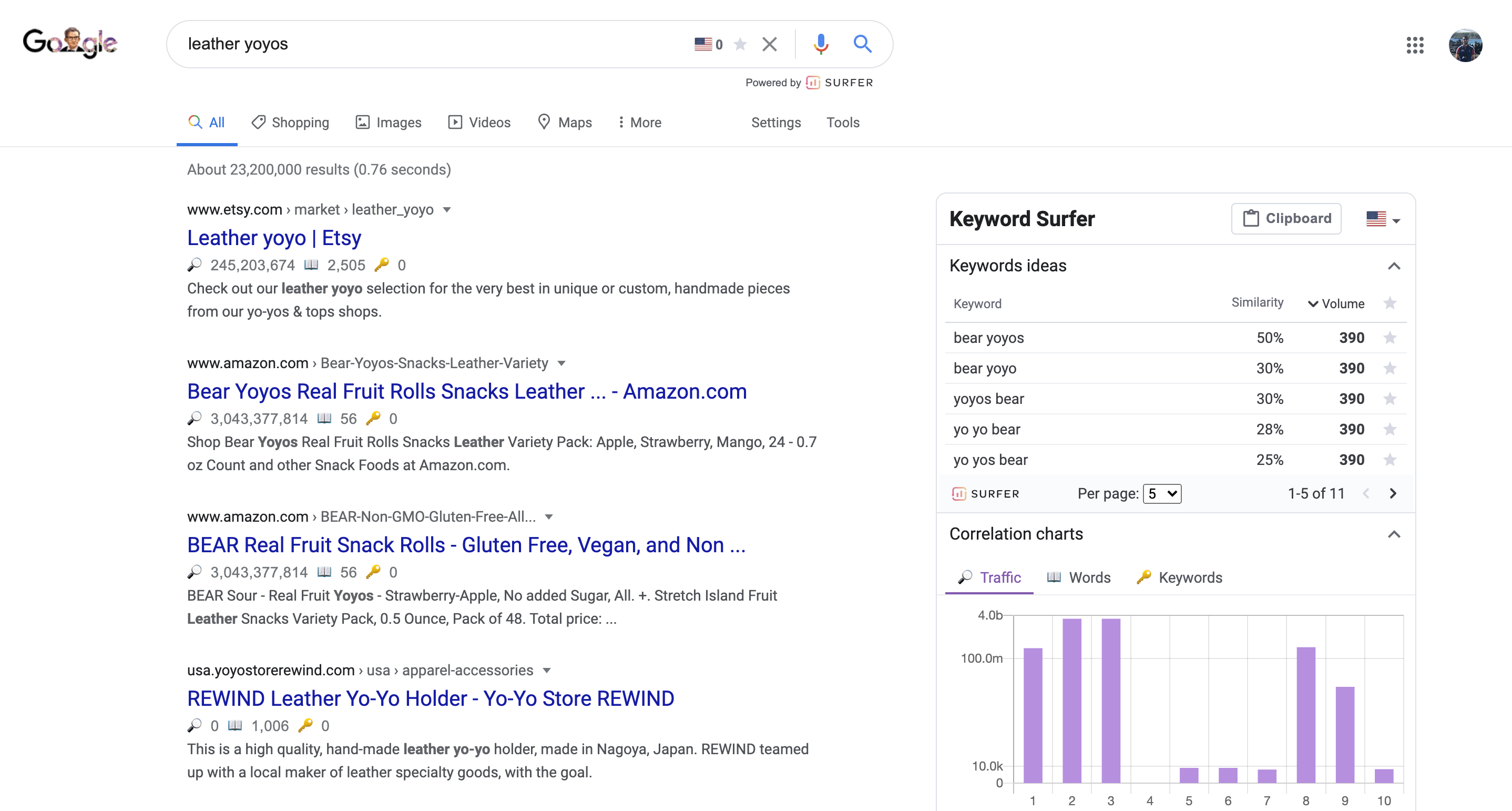
Factors of good SEO

The report
To help Voyij rank higher in search, I conducted an SEO audit. That basically means I identified what things Voyij is doing that is good for its SEO and offer specific recommendations for what things it could be doing better. The following visuals are slides from a comprehensive audit I completed for Voyij.
Voyij's strengths
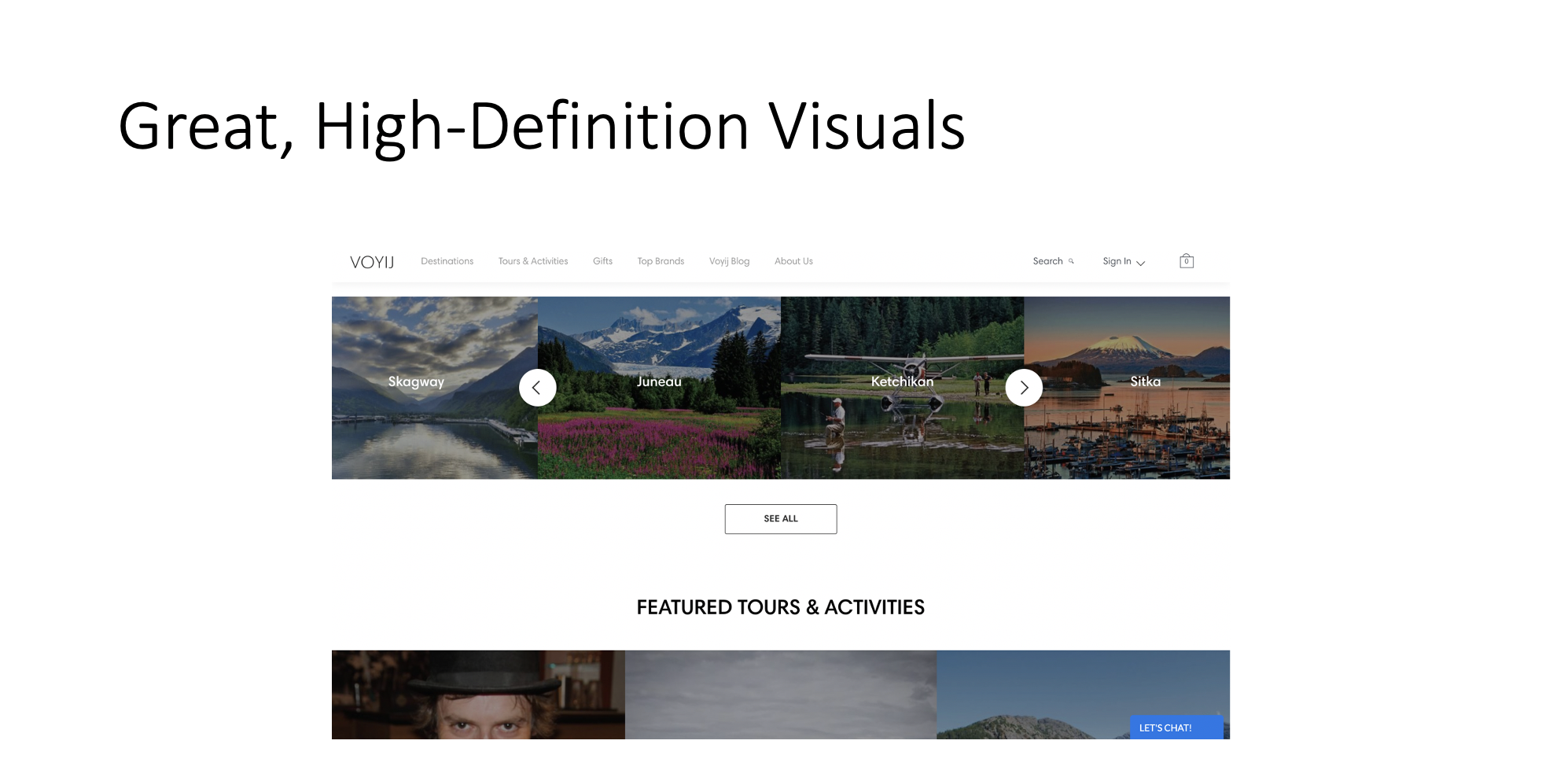
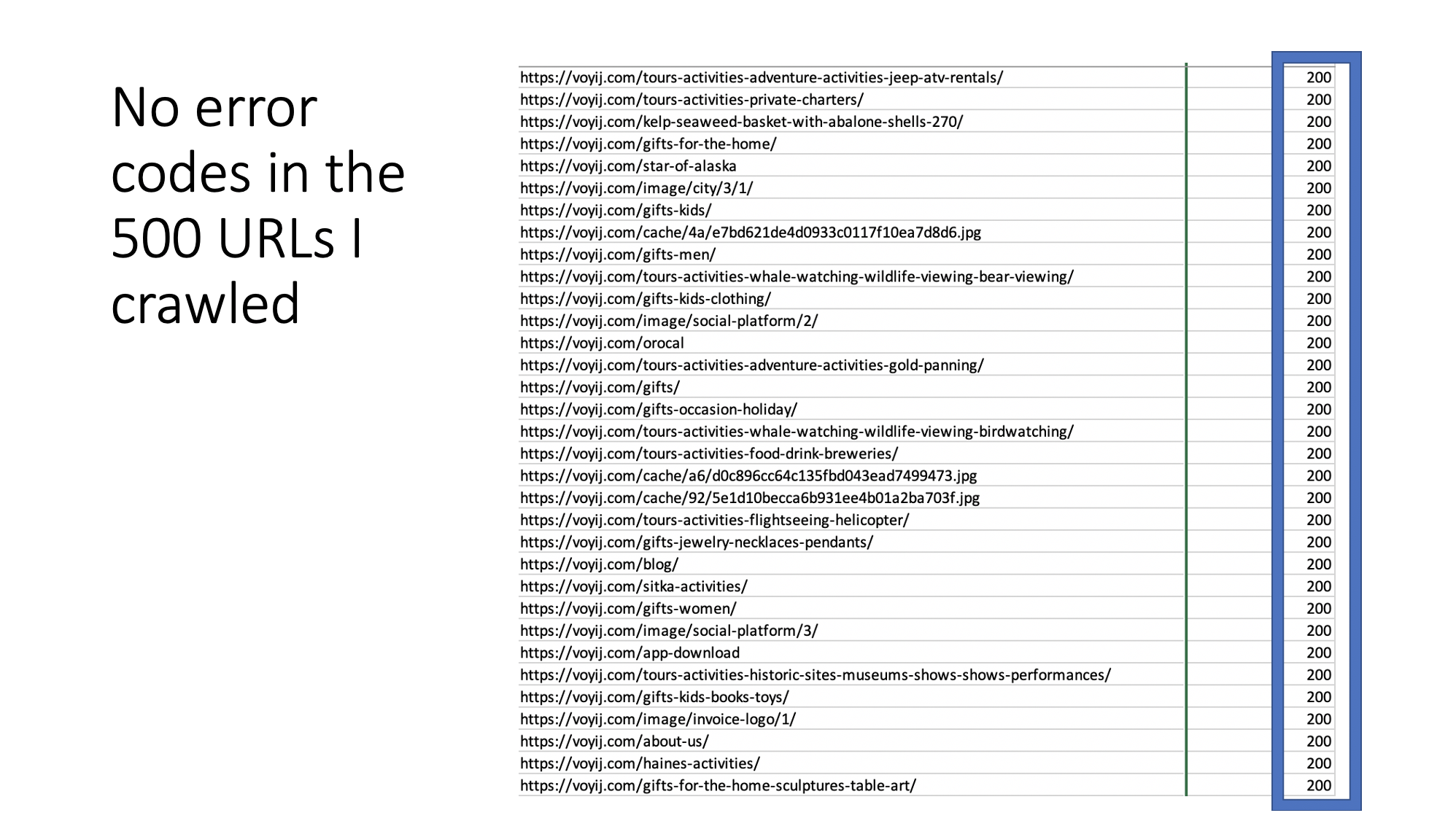
Where Voyij could improve

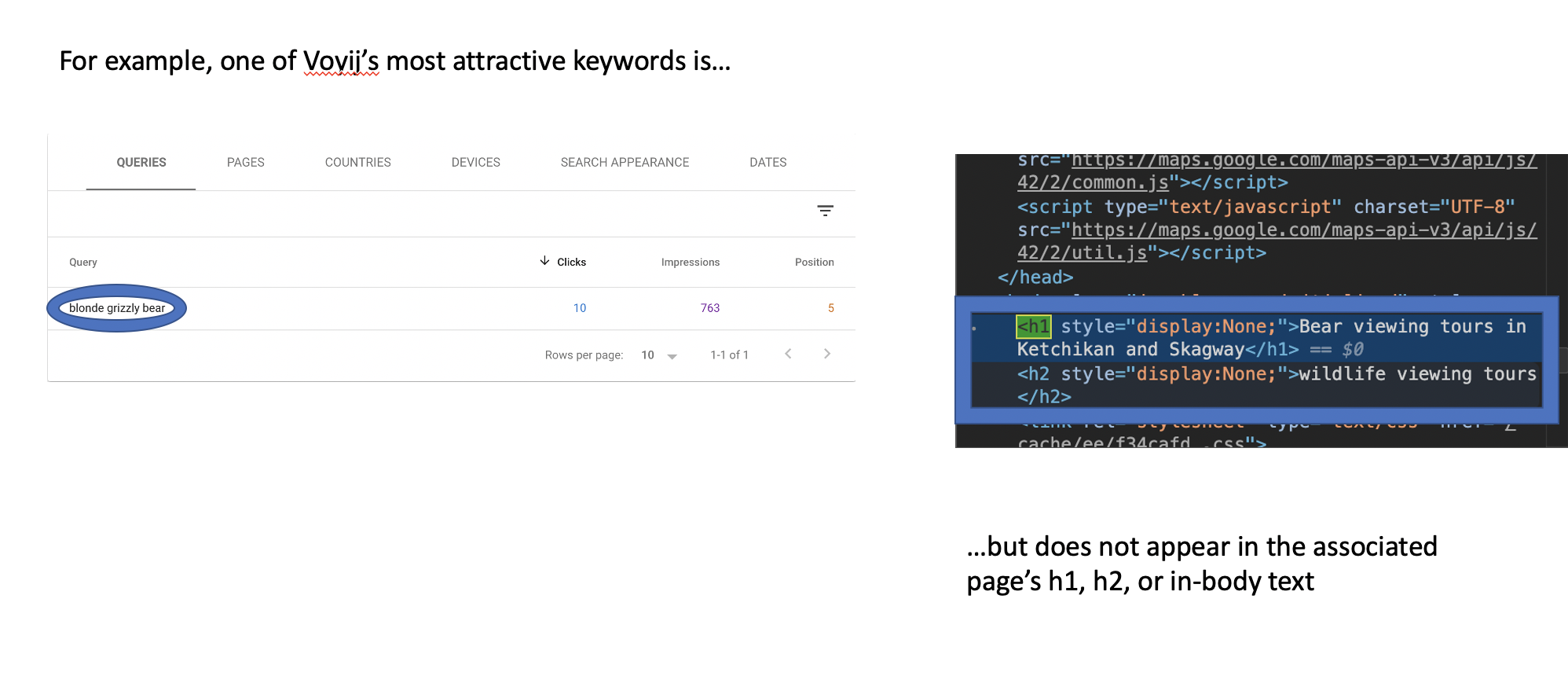
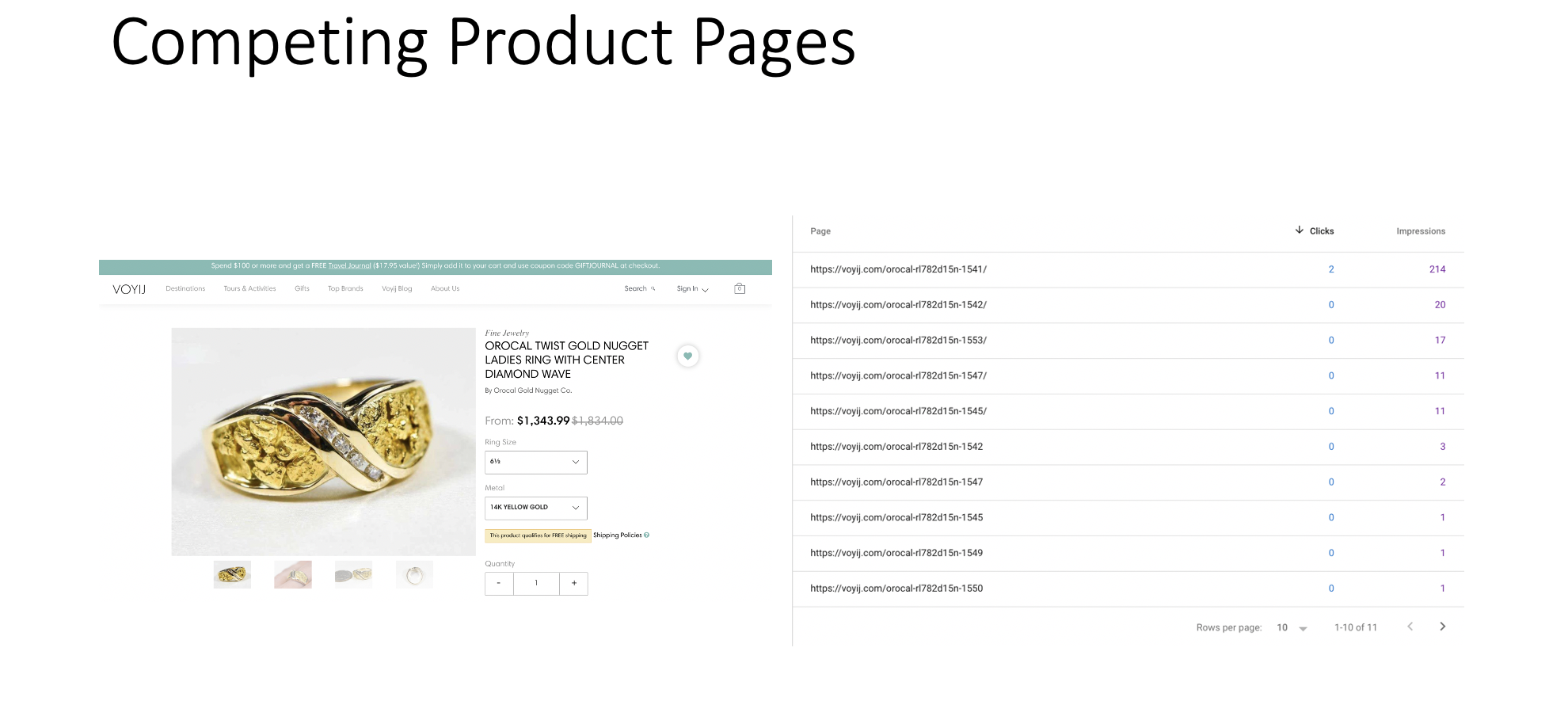
Content Strategy
One of the most beneficial things you can do to boost your SEO is to publish a continuous stream of content using keywords that are well-suited to the service you offer. I did this by researching keywords with high search volume and low competition. These were the keywords that Voyij could be competitive for. Once I had refined my list, my co-interns and I mapped out a content strategy wherein I would research, write, and publish content once a week.

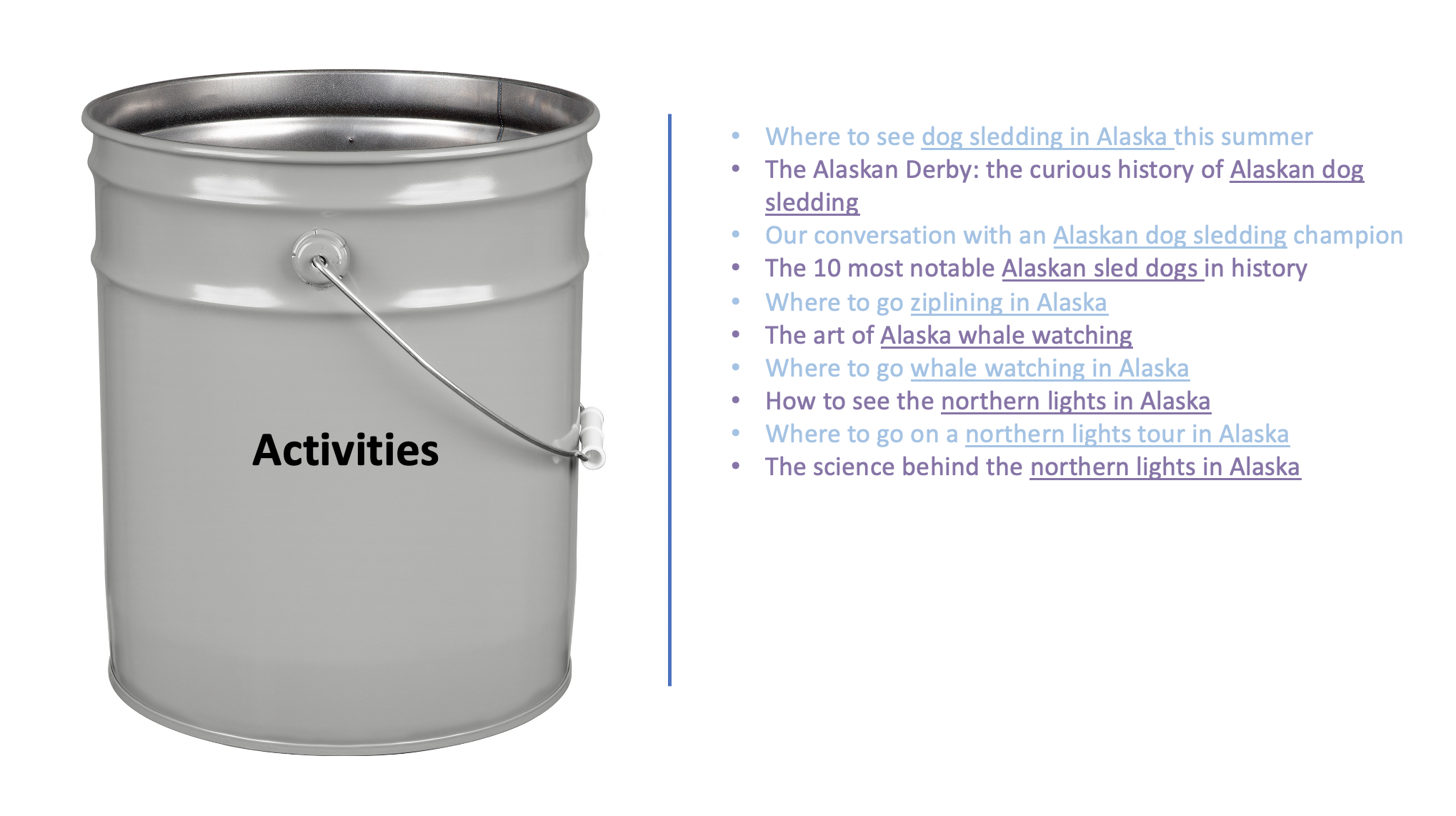
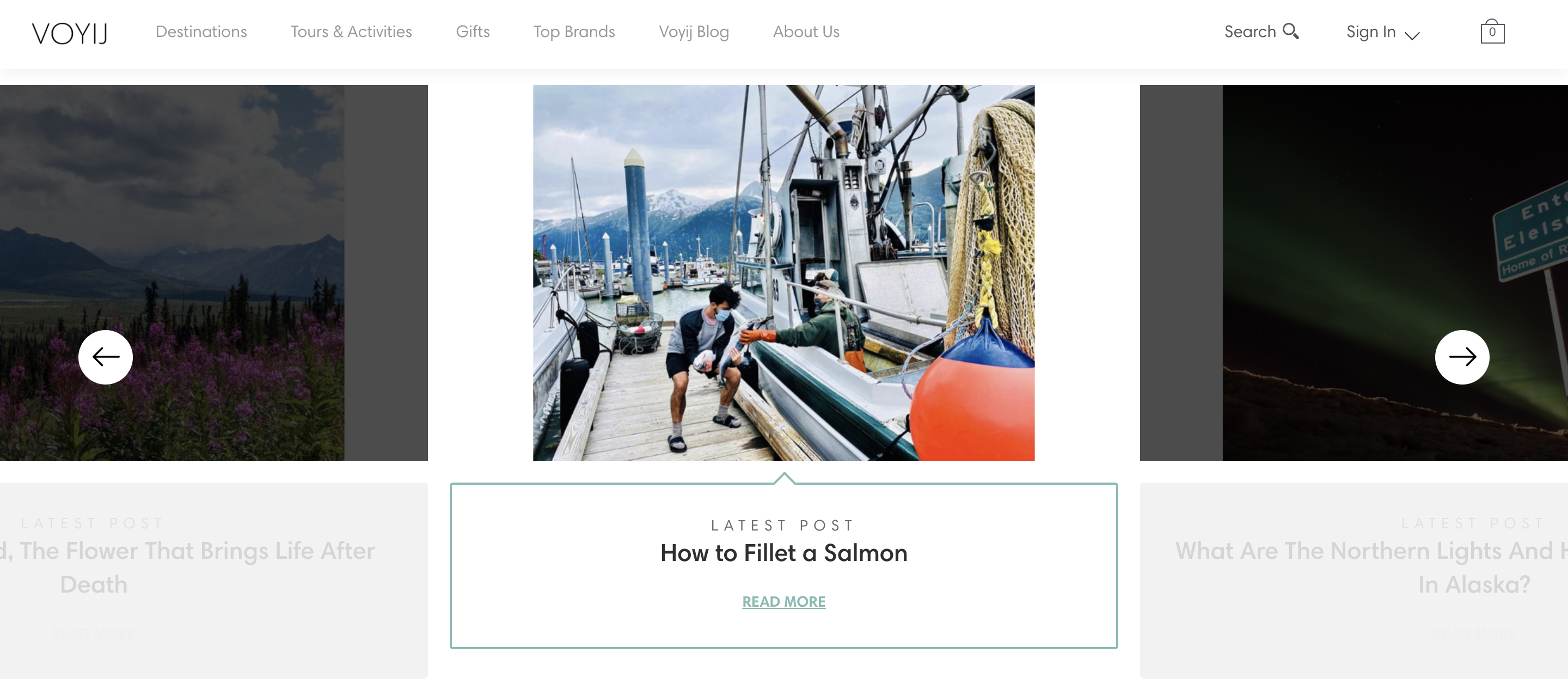
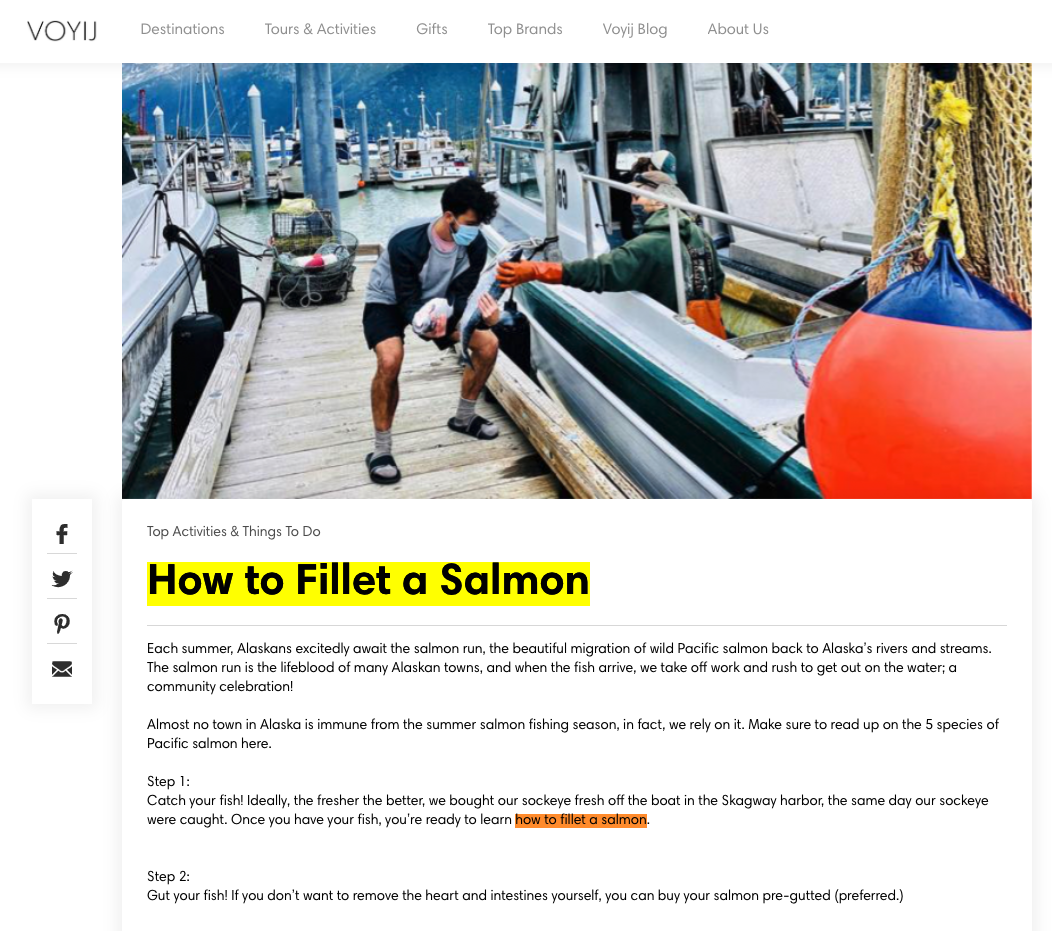
Outcome
- Prepared an SEO Client Report for Voyij
- Finished Coursera specialization in SEO through UC Davis
- Gained proficiency with Google Analytics and Google Ads
- Published seven SEO-optimized blogs over the course of seven weeks
- Disapointingly, I was unable to follow through on the analtyics side of the content strategy due the timing of my internship's ending and because SEO takes a while to be registered by the Google search engine
Coworkers
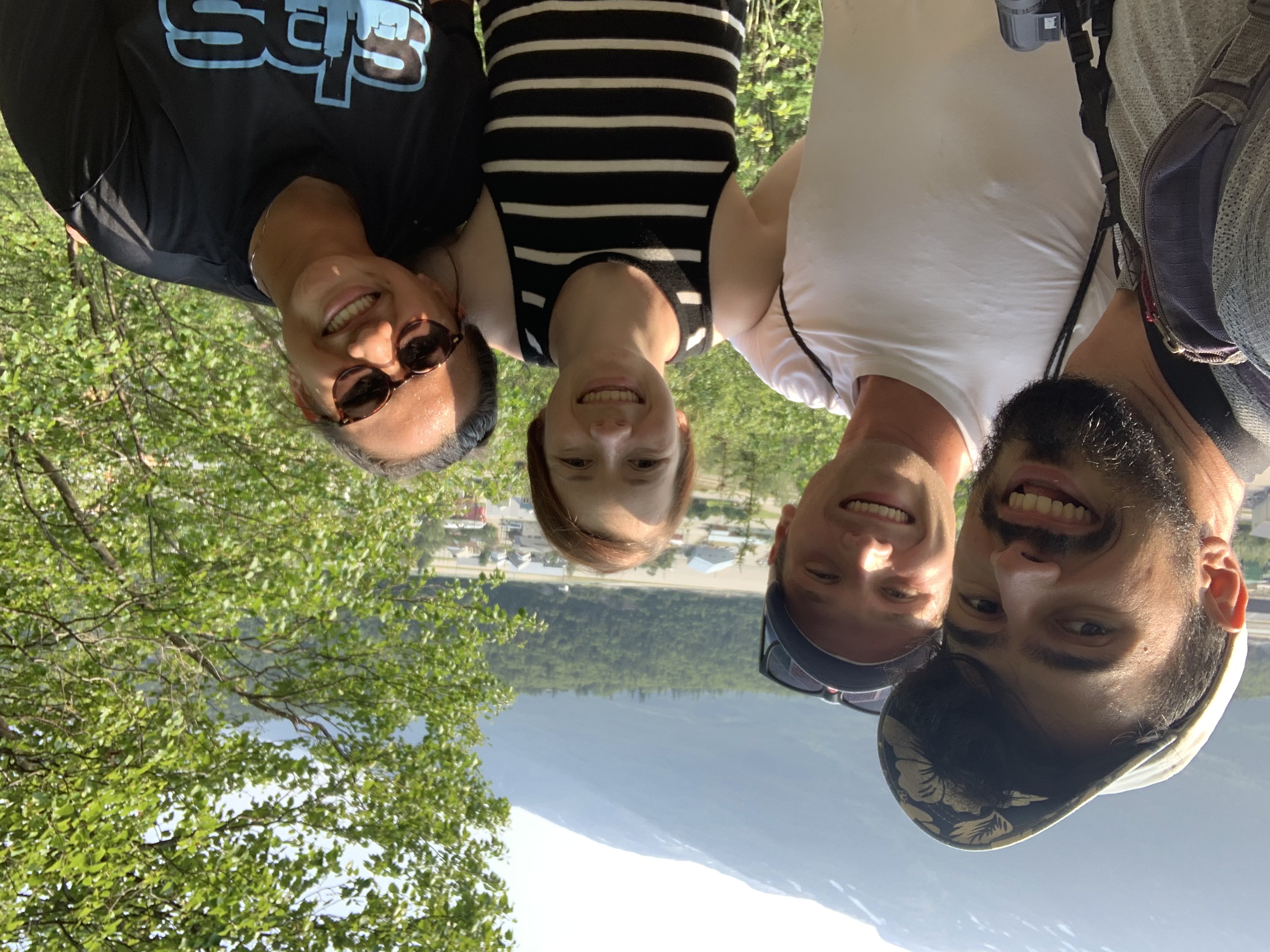
LinkedIn Rec (co-worker)

Coursera certificate

Reflection
Search is a fascinating topic— Google is essentially trying to build models of relevancy and trust for an unspeakably vast sea of content. The experience piqued in me an interest in data science and analytics. It also gave me a firsthand look at the massive influence Google has on advertising and added a lot of nuance to the antitrust stories I had written for Broadband Breakfast.
Living at a bed and breakfast on Skagway’s Main Street was charming, but it was hard to get a feel for the cruise-dependent town due to the pandemic. Similarly, it was difficult to get a sense of the travel industry because no one was booking tours. The people I did meet in town were eccentric and wonderful, and I made great use of the hiking trails nearby.
While I enjoyed working on the data and strategy in my work at Voyij, I found myself missing the culture of collaboration at Ignite and the freedom over my work that I enjoyed at Breakfast. Furthermore, I felt like the skills I had learned in each of these internships could be deepened. These reflections led to my current pursuit of attending a graduate school in human-centered design.
